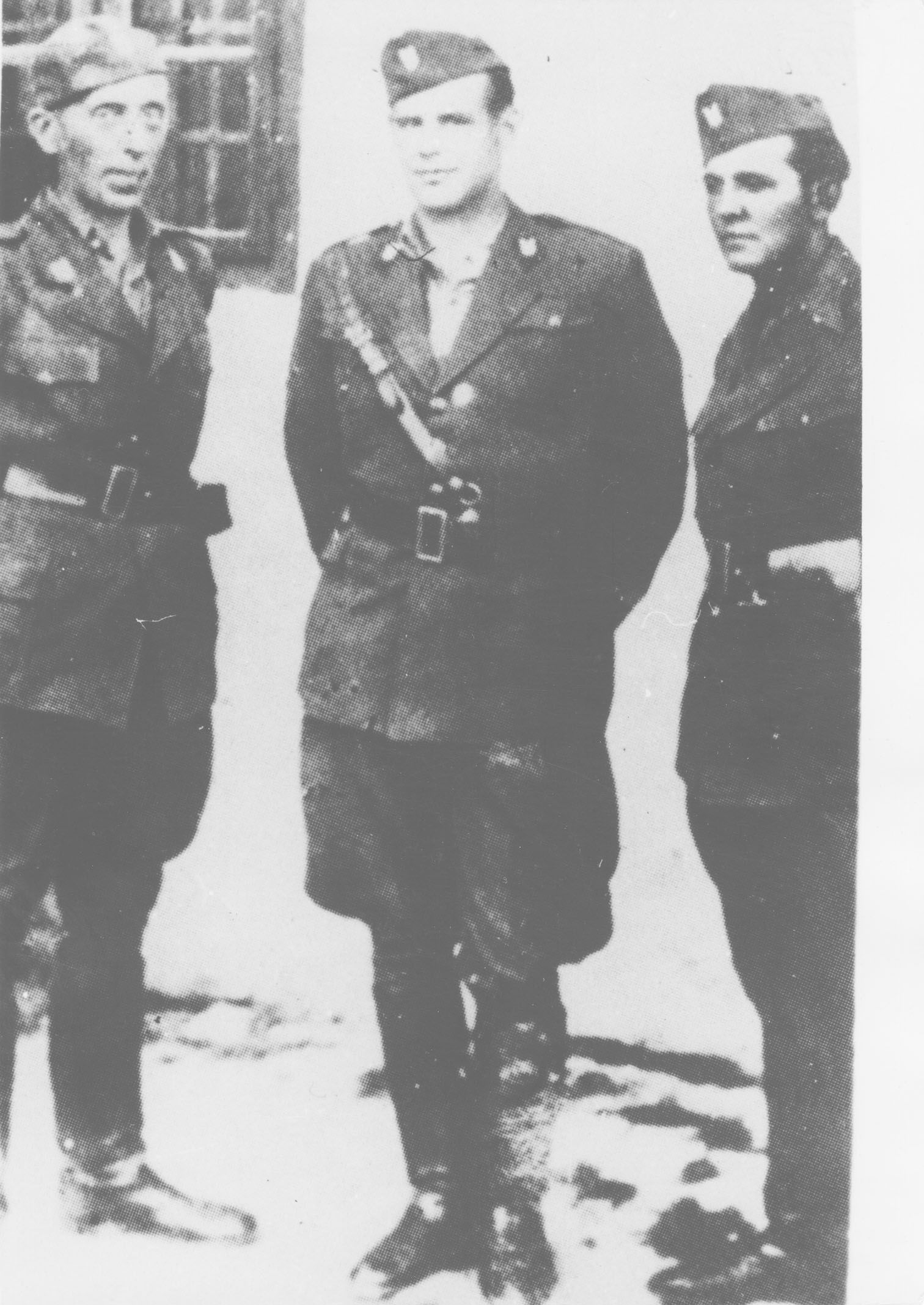VWI invites/goes to...
Cycle of VWI Fellows’ Colloquia
The VWI fellows present their intermediary research results in the context of colloquia which are announced to a small audience and are open to a public audience with an academic and topical interest. The lectures are complemented by a response or commentary by an expert in the given field and are discussed with the other fellows.
Due to the previous lack of an appropriate space, the colloquia were held at other Viennese research and cultural institutions with a topical or regional connection to the given subject. From this circumstance was born the “VWI goes to …” format.
With the move to a new institute building at Rabensteig 3, the spatial circumstances have changed, so that the VWI is now happily able to invite other research and cultural institutions. Therefore, the VWI is now conducting its colloquia both externally and within its own building, in the framework of continued co-operation with other institutions.
The new cycle of fellows’ colloquia “VWI invites/goes to …” is not only able to reach a broader circle of interested persons, but moreover integrates the VWI further into the Viennese scholarly establishment, perhaps even crossing borders into the greater regional research landscape.
| VWI invites/goes to... | |||
| Emil Kjerte: The Personnel of the Jasenovac Concentration and Death Camp Complex. Biographical Profiles and Pathways to the Camp Complex | |||
Wednesday, 8. March 2023, 15:00 - 17:00 Vienna Wiesenthal Institute, Research Lounge, 1010 Vienna, Rabensteig 3, 3rd Floor
|
|||
VWI invites University of Rijeka
Commented by Lovro Kralj Emil Kjerte is currently a Junior Fellow at VWI, and PhD student at the Strassler Center for Holocaust and Genocide Studies at Clark University. B.A. in History at the University of Copenhagen and M.A. in Holocaust and Genocide Studies at Uppsala University. Fellowships from the Fondation pour la Mémoire de la Shoah in Paris and the United States Holocaust Memorial Museum in Washington. Lovro Kralj specialises in the fields of fascism, antisemitism, and Holocaust studies with a regional focus on central and southeastern Europe. He has participated in and presented at more than twenty international workshops and conferences, including the Lessons and Legacies conference. In addition, he has received multiple fellowships, including the Junior Fellowship at the Vienna Wiesenthal Institute for Holocaust Studies. In 2021, he was awarded the Claims Conference University Partnership Lectureship at the University of Rijeka, where he continues to teach the history of the Holocaust. Photo: Stipe Prpić, Miroslav Filipović and Jerolim Maričić – Officers in Jasenovac, © Jasenovac Memorial Museum Please register at This email address is being protected from spambots. You need JavaScript enabled to view it. by latest 7 March 2023, 12.00 am and bring your ID. By attending, you consent to the publication of photographs, video and audio recordings made during the event. Click here to download the invitation as a PDF file. In cooperation with: |
|||







 Compared to the extensive historiography on German Holocaust perpetrators that has emerged since the 1990s, the literature on non-German perpetrators is less extensive. This presentation focuses on the Croatian men and women stationed in the Jasenovac concentration and death camp complex, which was the epicenter of state-organised destruction in the fascist Independent State of Croatia. From its establishment in August 1941 to its disbandment in late April 1945, an estimated 90,000 to 100,000 people perished in the camp complex. Drawing on investigation and trial records from judicial proceedings in the Socialist Federal Republic of Yugoslavia, Emil Kjerte analyses the social and regional background of the guards and details the pathways that led them to the camp complex. He explores their socialisation, formative experiences, and their motivation for joining the guard force. A key distinction is made between the officers, who most often were ideologically committed Ustašas before their arrival in the camp complex, and the rank-and-file guards, who tended to volunteer for more mundane, economic reasons.
Compared to the extensive historiography on German Holocaust perpetrators that has emerged since the 1990s, the literature on non-German perpetrators is less extensive. This presentation focuses on the Croatian men and women stationed in the Jasenovac concentration and death camp complex, which was the epicenter of state-organised destruction in the fascist Independent State of Croatia. From its establishment in August 1941 to its disbandment in late April 1945, an estimated 90,000 to 100,000 people perished in the camp complex. Drawing on investigation and trial records from judicial proceedings in the Socialist Federal Republic of Yugoslavia, Emil Kjerte analyses the social and regional background of the guards and details the pathways that led them to the camp complex. He explores their socialisation, formative experiences, and their motivation for joining the guard force. A key distinction is made between the officers, who most often were ideologically committed Ustašas before their arrival in the camp complex, and the rank-and-file guards, who tended to volunteer for more mundane, economic reasons.